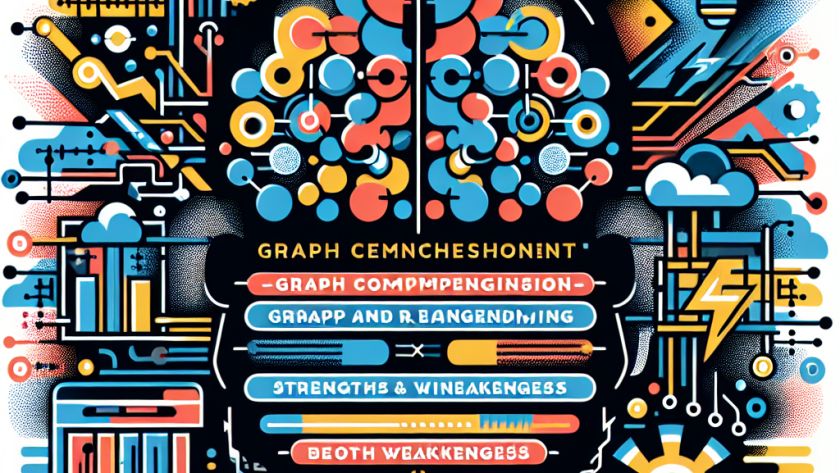Accurate magnetic hysteresis modeling remains a challenging task that is crucial for optimizing the performance of magnetic devices. Traditional methods, such as recurrent neural networks (RNNs), long short-term memory (LSTM) networks, and gated recurrent units (GRUs), have limitations when it comes to generalizing novel magnetic fields. This generalization is vital for real-world applications.
A team of…












